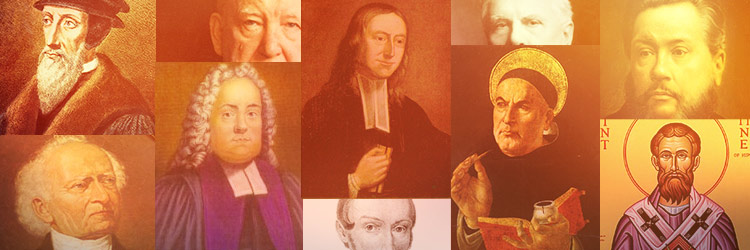
One of the benefits of reading Jonathan Edwards’s early sermons is the opportunity to learn from his way of thinking.
Here are two quotes from his sermon, God’s Excellencies, based on Psalm 89:6. Notice that these are two implications of God’s perfection.
“[God] has made all things that are excellent, and therefore must have given them their excellency, and so must have all that excellency in himself, or else could not have given it. He must have all the glories, perfections, and beauties of the whole creation in himself in an infinite degree, for they all proceed from him, as beams do from the sun…” (p. 420, Kimnach).
Think of everything we admire in this created world and then think about our God who created them! It’s impossible not to praise Him.
Then, something that’s not so much fun to think about, but critical for walking with God:
“If he be such an excellent being, how dreadful is sin against [him]. There are very few that conceived what a dreadful thing it is to sin against the infinitely excellent, great, and glorious Jehovah. The aggravations of sin are really infinite, infinite in greatness and almost infinite in number, for it is committed against an infinitely great and powerful God…” (p. 426)
Think of all our temptations and spiritual struggles and tell me if this kind of thinking doesn’t keep us tethered to faithfulness!
So, it never fails: whenever I read Edwards I am caught up into his most excellent mind. And what’s refreshing to me is that all that brilliance is organically connected to soul-watching, a most practical theology indeed.
May Edwards spur you on to preach and teach well this week so God receives glory in the church and in Christ Jesus (Ephesians 3:21).
Randal











